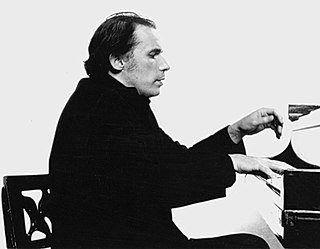A Quote by Peter Benchley
He would have lied to himself as facilely as an alcoholic lies to himself to justify the 10 a.m. tumbler of vodka : it may be early here, but in Baghdad it's almost evening.
Related Quotes
The man who lies to himself can be more easily offended than anyone else. You know it is sometimes very pleasant to take offense, isn't it? A man may know that nobody has insulted him, but that he has invented the insult for himself, has lied and exaggerated to make it picturesque, has caught at a word and made a mountain out of a molehill--he knows that himself, yet he will be the first to take offense, and will revel in his resentment till he feels great pleasure in it.
I used to smoke marijuana. But I'll tell you something: I would only smoke it in the late evening. Oh, occasionally the early evening, but usually the late evening - or the mid-evening. Just the early evening, midevening and late evening. Occasionally, early afternoon, early mid-afternoon, or perhaps the late-midafternoon. Oh, sometimes the early-mid-late-early morning. . . But never at dusk!
The chance is high that the truth lies in the fashionable direction. But, on the off-chance that it is in another direction - a direction obvious from an unfashionable view of field theory - who will find it? Only someone who has sacrificed himself by teaching himself quantum electrodynamics from a peculiar and unusual point of view; one that he may have to invent for himself.
A man who lies to himself, and believes his own lies becomes unable to recognize truth, either in himself or in anyone else, and he ends up losing respect for himself and for others. When he has no respect for anyone, he can no longer love, and, in order to divert himself, having no love in him, he yields to his impulses, indulges in the lowest forms of pleasure, and behaves in the end like an animal. And it all comes from lying - lying to others and to yourself.
I love the early sonatas; I love the early Mozart, period. I'm really fond of that moment when he was either emulating Haydn or Carl Philipp Emanuel Bach or anybody but himself. The moment he found himself, as conventional wisdom would have it, at the age of 18 or 19 or 20, I stop being so interested in him.

































